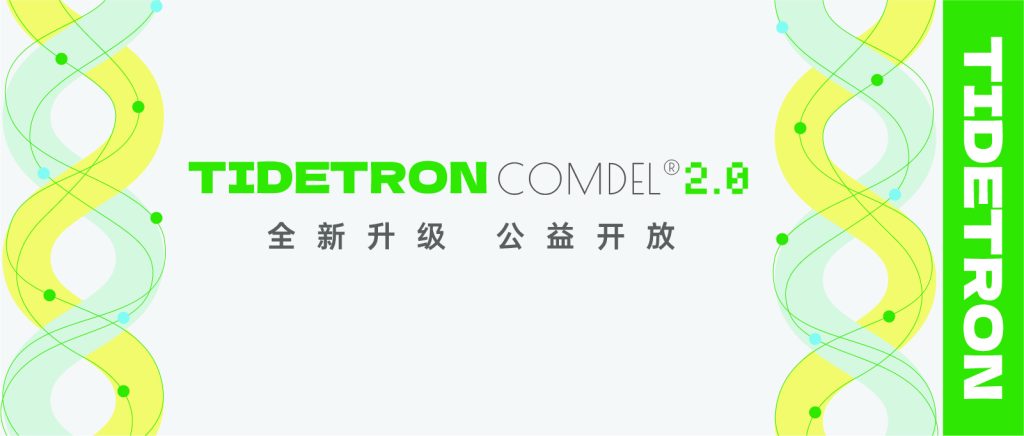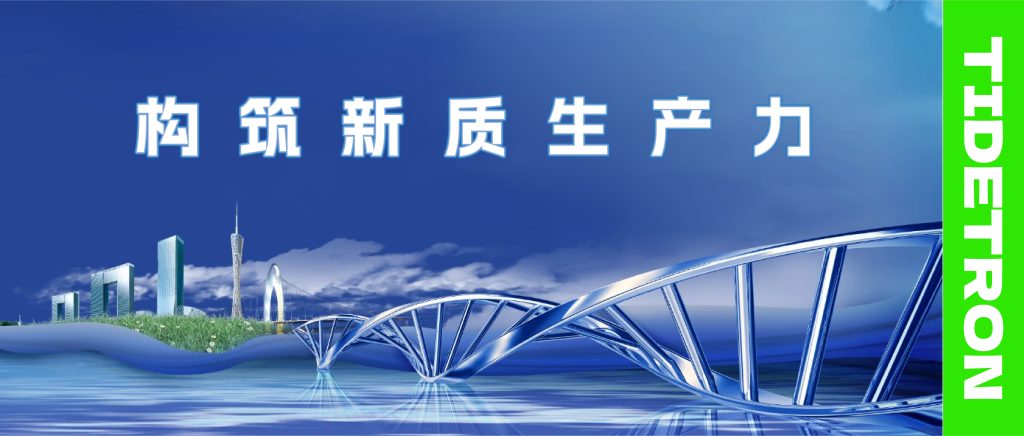In 2022, synthetic biology once again sparked discussions. In May, China released the "14th Five-Year Plan for the Development of the Bioeconomy," which mentioned synthetic biology as one of the national strategic technological forces to accelerate innovation. In September, the United States launched the "National Biotechnology and Biomanufacturing Program," announcing an investment of over $2 billion to accelerate biotechnological innovation, including synthetic biology. The field of synthetic biology has become another arena for competition among major powers.
The field is still in the developmental layout stage, and the industrial ecosystem has yet to form. This situation is influenced by institutional mechanisms, regulatory environment, talent, capital, and market, including crucial technological challenges. From being "synthesizable" to being "mass-producible," the transformation of achievements requires crossing the "Darwinian sea," and many companies have stumbled at this stage. Even the renowned industrial pioneer, Amyris, has faced setbacks in achieving mass production of biofuels. However, some companies have overcome this technological bottleneck and achieved industrialization swiftly. TidetronBioworks, a domestic company, is one of them.
However, some companies have overcome this technological bottleneck and achieved industrialization swiftly. TidetronBioworks, a domestic company, is one of them.
It may not be an exaggeration to call Tidetron Bioworks a "dark horse." The company was established in 2021 and completed financing of over 100 million dollars within ten months. As a fully integrated company, led by its founder, Zhiqian Zhang, Tidetron Bioworks has taken the lead in achieving large-scale production of over 30 synthetic biological products, including small-molecule peptides and erythritol, with an annual output exceeding tens of thousands of tons.
From the laboratory to industrialization, from "synthesizable" to "mass-producible," scaling up while addressing challenges such as a decrease in microbial density and yield, purification and separation, and contamination.
"Many companies focus on controlling production conditions, but Tidetron believes that transformation at the source can play a crucial role," said Zhiqian Zhang.
Image | Zhiqian Zhang (Source: Interviewee's Provided)
Zhiqian Zhang, born in the 1990s, pursued his doctoral studies in Clinical Medicine at Zhongshan School of Medicine, Sun Yat-sen University. He participated in iGEM (International Genetically Engineered Machine Competition) and received awards such as the gold medal and the best therapy award. He also conducted a visiting scholar program at Yale University.
Achieving Dual Breakthroughs in "Mass Production" and "Universality" of Biomanufacturing
In the face of technological bottlenecks in achieving transformation, apart from process control, Tidetron has also focused on upstream component regulation. The company has applied various gene editing tools, directed evolution, and microfluidics platforms to develop its component library and establish the unique Tidetron Altra platform strain library.
"By combining components to strengthen the host strain, we enhance its proliferation capability and increase cell density, thereby achieving high yields of the target product."
He gives an example, "After process scaling, the productivity of conventional strains usually decreases to 1/5 or even 1/10 of the original level. If the normal baseline is 5 or 10, Tidetron can achieve 20 or 30. Even if the yield decreases during scaling, it is still a significant value."
(Source: Interviewee's Provided)
"The reason why Tidetron can achieve this level lies in long-term accumulation and development."
"From the early stages of research, the team has been goal-oriented, focusing more on how microbial populations change and how gene expression or silencing can cause pathway variations while scaling up from 'synthesizable' to 'mass producible.' Different strains and target products often require different conditions."
"Then, Tidetron 'modularizes' and 'systematizes' the long-term accumulated information, applying it to production. It is important to emphasize that this strategy applies not only to a specific host organism or the synthesis of a particular substance but is also universal. The result is that the yield after process scaling can even be 1-2 times higher than that of the simple synthesizable process, achieving a dual breakthrough in 'mass production and 'universality.'"
Tidetron 's ability to quickly achieve these breakthroughs is also attributed to an invisible hero behind the scenes—the microfluidics platform. Tairen Bio is one of the pioneering synthetic biology companies in the industry that began laying the groundwork for the microfluidics platform system.
Pioneering the Layout of the Microfluidics Technology Platform and Engaging in Open Collaboration
According to the information, Tidetron's microfluidics platform system was developed in collaboration with research teams from renowned universities such as the University of Cambridge, Nanjing Tech University, and Sun Yat-sen University. The platform system consists of eight major modules: The biosensor module Plasma mutagenesis module Microdroplet preparation module Microdroplet injection module Microdroplet sorting module Monoclonal picking module Automated strain cultivation module The automatic strain analysis module
This platform is mainly applied in the strain screening stage in the entire development chain, also called a critical step.
(Source: Interviewee's Provided)
According to Zhang Zhiqian, during the development process, the team uses various mainstream gene editing tools to insert target genes into host strains. It introduces random mutations through directed evolution, constructing an engineering strain sample library called "T sample" with as many samples as possible, usually in the range of 10^(10-20) cells. Then, beneficial mutations, i.e., good strains, are screened from the massive sample library.
With the aid of Tidetron's microfluidics platform, the screening throughput can reach 10^9 per day, which is 3-4 orders of magnitude improvement compared to traditional screening methods (10^(5-6) per day), significantly reducing the time required for strain screening from years to months.
Zhang Zhiqian also introduced two core elements of the microfluidics platform: screening throughput and screening criteria.
Let's first discuss why a screening throughput of 10^9 per day can be achieved. Through design, the platform can employ rapid processing or controlled manipulation of microfluidics in low-dimensional channel structures ranging from 10 to 100 micrometers, significantly enhancing the screening efficiency.
Now, let's talk about the importance of screening criteria. The microfluidics platform is a screening tool, and its screening criteria rely on the independently developed biosensor system. The sensitivity and efficiency of the biosensor directly impact the screening results. "Although there may be similarities in broad categories, the sensors corresponding to each substance differ. Through long-term exploration, Tidetron has established a screening model and screening labels for biosensors."
(Source: Interviewee's Provided)
Tidetron primarily focuses on two directions to further optimize the microfluidics platform. The first direction is the design of microfluidics chips to construct chip models corresponding to different criteria precisely. The second direction is the design of universal biosensors for screening, creating a systematic and intelligent biosensing system that aids in efficient substance screening.
Zhang Zhiqian also stated that further expansions and applications will be based on the microfluidics platform. He emphasized the accumulation of data from screening various substances using microfluidic devices, applying deep machine learning to improve the optimization capability of models continuously, and then using reverse optimization to enhance the controllable production of target products.
"We have achieved a screening efficiency of 10^9 per day, which results in a substantial amount of accumulated data. Undoubtedly, this achievement is highly anticipated."
"I believe the application of Tidetron's microfluidics platform will bring positive impacts to the industry. The company has collaborated with some universities, and we will engage in more open collaborations in the future. However, this requires long-term planning to achieve," said Zhang Zhiqian.
Product Layout Adjustment and Shift in Strategic Focus
With the accumulation of commercialized cases and funds, Tidetron has strategically adjusted its overall product selection logic, aiming to cover "health," "food," "beauty," and "safety" comprehensively. "The company's concept is about the growth of all things. We hope to produce products with a broader influence in people's lives based on the green manufacturing approach of synthetic biology, such as bulk products."
"In the past, in terms of revenue scale, cosmetics ingredients accounted for over half, but now it has been adjusted to around 1/4."
"The company has approximately 50 substances in its inventory, covering not only the initial beauty and food and beverage additives but also expanding to substances for furniture cleaning, bio-medicine (including manufacturing upstream raw materials for some diagnostic reagents), and agricultural additives. It has already begun to industrialize on a large scale."
It can be seen that even after the product layout adjustment, Tidetron can still achieve industrialization rapidly.
Regarding this, Zhang Zhiqian stated that the core lies in the significant advantages of our products in terms of properties, activity, preservation, and cost, whether they are agricultural additives or raw materials for medical reagent testing.
(Source: Interviewee's Provided)
In addition, in the previously more mature fields, the team has accumulated commercial capabilities and product customers, significantly facilitating the rapid commercialization of newly developed products.
For example, we only produced a few types of ingredients in the cosmetics field. As customer recognition of our products increased, we subsequently launched products such as collagen and squalene. The new products quickly gained customer acceptance. Later, we extended our product line to non-cosmetic areas, such as biodegradable plastics and other bulk materials, which also gained rapid recognition. This commercialization effect gradually expands.
Lastly, Zhang Zhiqian revealed that the company is planning and initiating innovative collaboration models, and in the next three years, significant actions will be taken.
Article source:https://baijiahao.baidu.com/s?id=1750976856429137518&wfr=spider&for=pc









